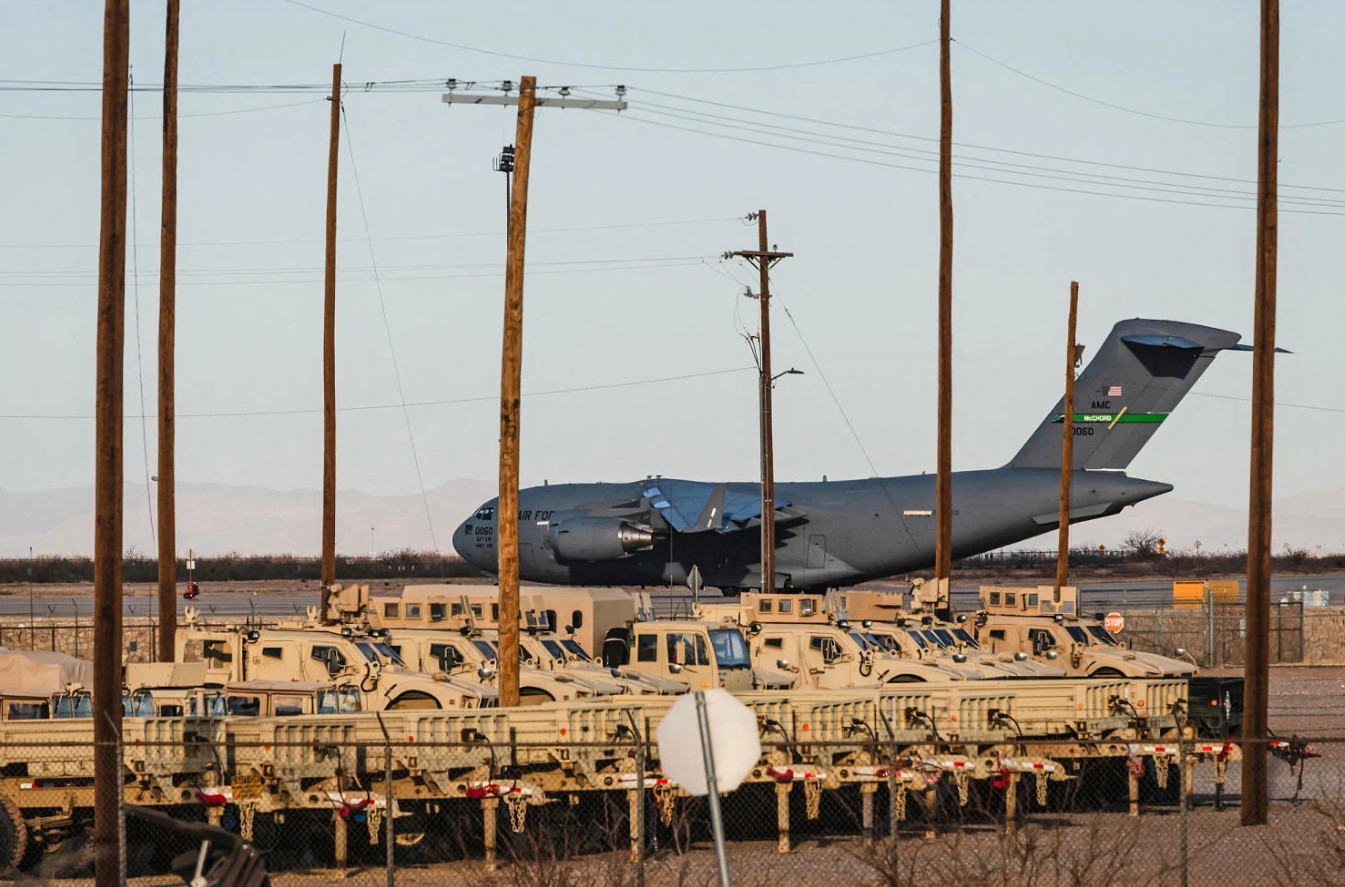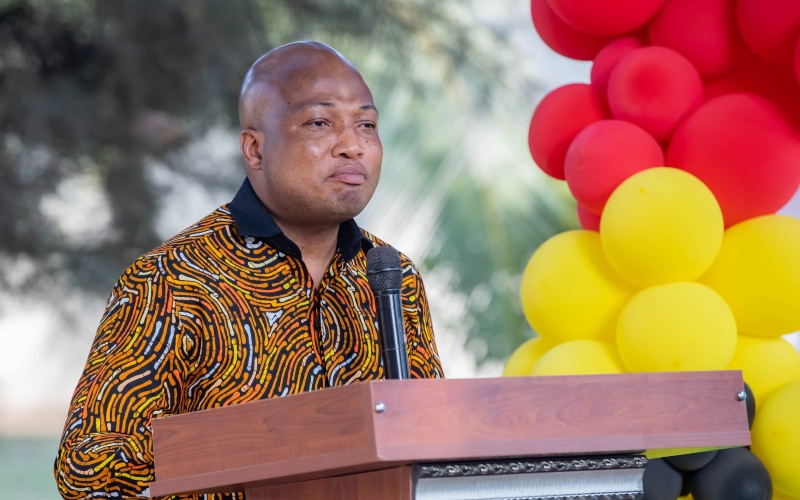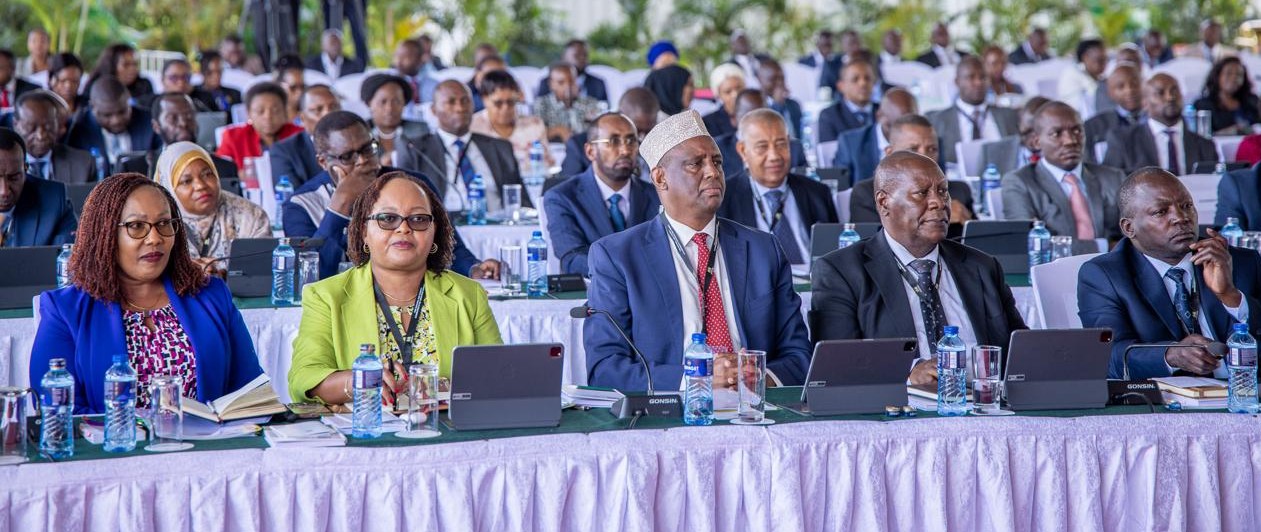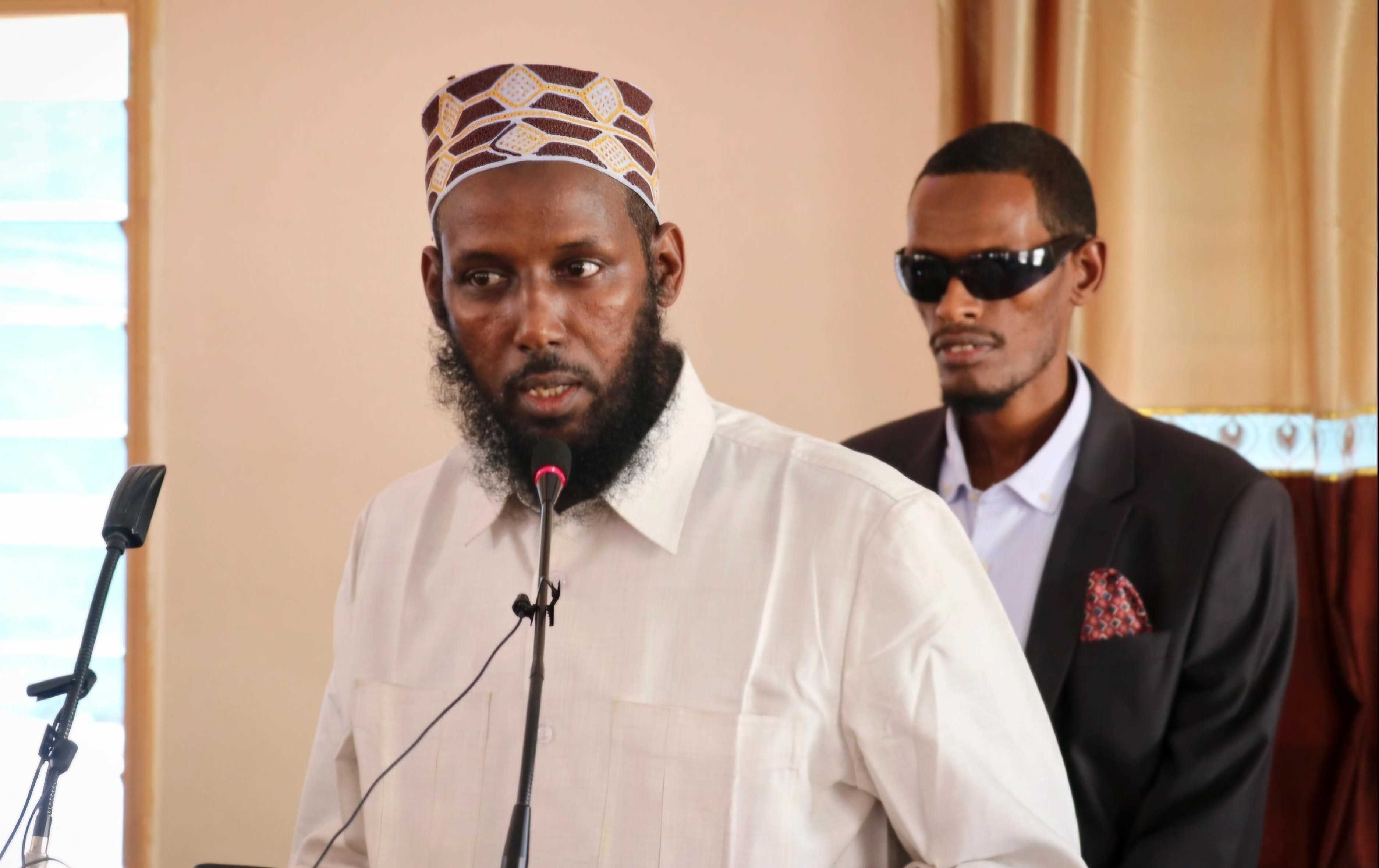Gaza war: Success of Egypt peace deal would set blueprint for Middle East's future
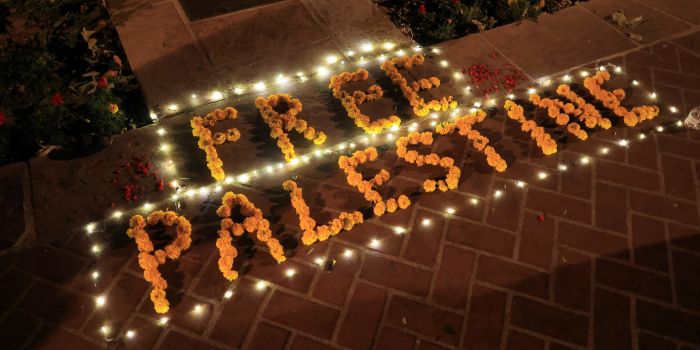
Amid diplomatic manoeuvres in the push for an end to the Israel-Palestine conflict, Middle East expert John Strawson says the crisis has reached a critical moment.
In the diplomatic manoeuvrings surrounding the conflict in Gaza, things are beginning to gather pace. Israel’s Western allies are pressing the Israeli prime minister to accept the latest plan brokered by Egypt and Qatar, while the Gulf states, led by Saudi Arabia, are similarly exerting pressure on Hamas to soften its position. But Russia and China are hosting talks in Beijing between Hamas and Fatah, which could destabilise everything. We talked with John Strawson, a Middle East expert at the University of East London, who has been researching and publishing on the Israeli-Palestinian conflict for several decades, who believes the crisis has reached a critical moment.
Egypt has brokered a new deal which the Hamas leadership has said it will consider. The UK foreign minister says it’s a “very generous offer”. What’s new about this and what are the push and pull factors that might persuade Hamas to accept the terms?
More To Read
- UN rejects Israel’s ‘yellow line’ plan, says Gaza border changes violate ceasefire
- Patients suffer as Gaza hospitals faces severe shortage of life-saving medicines
- UN support helps Gaza mothers give birth amid collapsing health system
- Gaza’s once-growing economy nears total collapse amid war and blockade
- What charges Benjamin Netanyahu faces and what a pardon could mean
- ‘Decisive action’ needed to end Israel-Palestine stalemate, UN warns
The proposals that have been made in Cairo and guaranteed by Egypt, Qatar, and the US are significantly new. The most remarkable feature is that over the course of a 40-day cessation of hostilities, Israel will; in a phased manner, suspend military operations, withdraw its forces, and allow civilians to return to their homes. It also provides for talks to lead to a prolonged ceasefire and the rebuilding of Gaza.
Under the plan, Hamas will initially release 33 Israeli hostages in exchange for hundreds of Palestinian prisoners. In the longer term, it envisages the return of all hostages and the continued release of Palestinian prisoners and detainees. Hamas, it is reported, wants to add a requirement that Israel commit to never returning to Gaza. But the Israelis would not agree to that under current conditions.
However, it’s difficult to know how serious Hamas is, given that it has already achieved many of its demands, particularly the return of civilians to their, albeit shattered, homes and the withdrawal of Israeli forces from many parts of Gaza.
The signals are that Hamas, having wrung concessions from the Israelis, will drag out the talks, hoping for more. Palestinian civilians must be hoping that it accepts the arrangements so they can begin to pick up their lives again.
Israel has sent a delegation to Cairo and is under great domestic pressure to agree to any deal that leads to the hostages returning home. We could be tantalisingly near the end of the war. However, that will ultimately depend on how Hamas’s Yahya Sinwar and Israel’s prime minister, Benjamin Netanyahu, respond.
 Palestinians carry out United Nations Relief and Works Agency (UNRWA) aid sacks at the site of an Israeli strike on a house, amid the ongoing conflict between Israel and Hamas, in Rafah, in the southern Gaza Strip May 5, 2024. (Photo: Hatem Khaled/Reuters)
Palestinians carry out United Nations Relief and Works Agency (UNRWA) aid sacks at the site of an Israeli strike on a house, amid the ongoing conflict between Israel and Hamas, in Rafah, in the southern Gaza Strip May 5, 2024. (Photo: Hatem Khaled/Reuters)
Meanwhile, the US secretary of state, Antony Blinken, has been in Saudi Arabia this week talking with the Saudi foreign minister, Prince Faisal bin Farhan, as well as representatives of five other Gulf countries. While Gaza is clearly at the centre of their discussions, is there a bigger picture involved here?
US President Joe Biden and his secretary of state, Antony Blinken, have been working assiduously on creating a new security architecture for the Middle East for some time. Ironically, the Iranian attack on Israel on April 13 has allowed the administration to take this forward.
The coordination between the US, Israel, Jordan, Saudi Arabia, and some Gulf states in resisting the Iranians showcased the benefits of such an alliance. Saudi Arabia is now key to the US plan for a post-Gaza war Middle East.
The Saudis have made it clear over the past week that recognition of Israel is now only a matter of timing. The conditions must include Israeli steps towards Palestinian statehood. If Netanyahu resists this, the Saudis are likely to press the US for a technology and security deal in any event.
Blinken and the Saudis are actively discussing an Arab-led peacekeeping force to replace the Israelis in Gaza. That would offer a move in the direction of statehood. Netanyahu desperately wants Saudi recognition, and it may be the leverage that might bring this about.
The US has made it very clear to Netanyahu that Israel’s plan to launch an assault on Gaza is not acceptable. Short of sanctioning the Israel Defence Forces (IDF) and cutting arms sales, which Washington has said it will not do, what other pressure can be brought to bear on the Israeli war cabinet?
Netanyahu has been talking about the Rafah operation for months, but only now has the IDF assembled the troops needed for the assault. It may also be that the concession to Hamas on civilians returning to their homes is in part an attempt to see a movement of civilians from Rafah to make an operation easier.
The far right in the Israeli cabinet insists on the Rafah operation for their continued support for Netanyahu. The US is trying to counter that, and I suspect that Blinken will be bringing great political pressure on the Israeli prime minister to stay his hand.
He will also know that the war cabinet is divided over the priority that the Rafah operation has compared to the necessity of returning the hostages. Blinken will be trying to use that divide to at least delay any operation so that the current ceasefire negotiations can be successful.
At this stage, I suspect the US will be using these political pressures rather than the threat of halting arms sales.
 Students of the University of Dhaka burn an effigy of Israel's Prime Minister Benjamin Netanyahu during a protest demanding Palestine's freedom amid the ongoing conflict between Israel and Hamas, in Dhaka, Bangladesh, on May 5, 2024. (Photo: Mohammad Ponir Hossain/Reuters)
Students of the University of Dhaka burn an effigy of Israel's Prime Minister Benjamin Netanyahu during a protest demanding Palestine's freedom amid the ongoing conflict between Israel and Hamas, in Dhaka, Bangladesh, on May 5, 2024. (Photo: Mohammad Ponir Hossain/Reuters)
Netanyahu clearly has problems of his own, with the right wing of his fractious coalition refusing to countenance a ceasefire deal with Hamas. If he needed to, could he cobble together enough support in the Knesset to do without them? Are there signs that he is talking to other parties and factions?
Netanyahu is more known for his political cunning than his political courage. But it’s not just a question of the far right holding Netanyahu to ransom. That’s because some of his own Likud party members, both in the government and the Knesset, hold similar views, such as the diaspora minister, Amichai Chickli.
Netanyahu would fear that any search for new coalition partners would destabilise his position and increase pressure for new elections.
The big question is whether the opposition members of the war cabinet, Benny Gantz and Gadi Eisenkot, from the National Unity Party, will remain in the cabinet if the ceasefire agreement is rejected, which will be critical to whether it can continue to operate. Eisenkot, who attends the war cabinet as an observer, has publicly denounced the far-right’s attempt to derail it.
If Hamas does eventually agree to the deal, Netanyahu will have to make a decision that will have fateful consequences for the lives of Israeli hostages and Palestinian civilians. Many fear, however, that his calculations could focus more on his own political future than anything else.
That said, Netanyahu may feel that, with US moves on regional security and the prospect of Saudi recognition, it could be a smart thing to do.
 An Iraqi student attends a protest in solidarity with American university students who are protesting in support of the Palestinians in Gaza, at Baghdad University, in Baghdad, Iraq, May 5, 2024. (Photo: Thaier Al-Sudani/Reuters)
An Iraqi student attends a protest in solidarity with American university students who are protesting in support of the Palestinians in Gaza, at Baghdad University, in Baghdad, Iraq, May 5, 2024. (Photo: Thaier Al-Sudani/Reuters)
Any lasting peace will depend on both sides recognising the other’s right to exist, so that a two-state solution with security guarantees on both sides can eventually be achieved. Is there a sense that we are any closer to this?
The challenges to the two-state solution were on display when the president of the Palestinian Authority, Mahmoud Abbas, spoke at the Riyadh security conference on April 27. Abbas talked about an Israeli occupation for 75 years and called for the formation of a Palestinian state in the West Bank, Gaza, and East Jerusalem.
Abbas’s position seems curious given that he has previously said that the Arab rejection of the 1947 partition plan for a two-state solution has been a “mistake”.
But it could be that the reference to 75 years of occupation was a gesture towards Hamas, given the current talks in Beijing, sponsored by Russia and China, to reconcile the differences between Fatah and Hamas and create a unified national movement.
Abbas, like Netanyahu, is thus looking over his shoulder at his extremists. The inclusion of Hamas in the Palestinian Authority would destroy any moves by Israel towards a two-state solution. Since October 7, 2023, there has been a clear political consensus in Israel that Hamas can have no role in Palestinian politics.
But there have been many attempts to bring the Palestine Liberation Organization (PLO) and Hamas together in the past, and they have all failed, and the likelihood of success now is slim.
Saudi moves towards recognition of Israel will also have an impact on Abbas. Saudi leaders will not be impressed with a rapprochement with Hamas, given its origins in the Muslim Brotherhood, an organisation banned in the kingdom.
Blinken’s current mission to the region is based on trying to reshape the Middle East by creating the basis for political, economic, and security cooperation between Israel and the main Sunni Arab states. Ending the Gaza war in a way that advances this aim is the challenge.
In that context, the current ceasefire negotiations are crucial. However, while Blinken offers a glimpse of a new Middle East, Netanyahu and Sinwar are far too comfortable in the old one.
Top Stories Today

